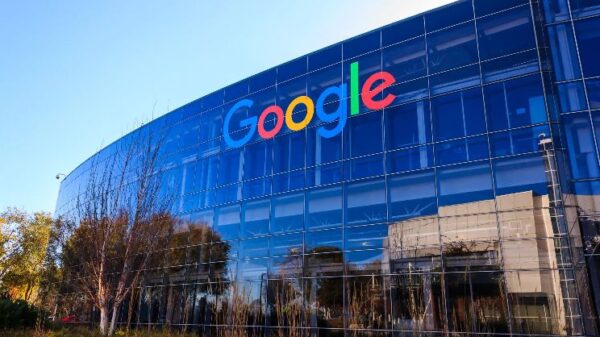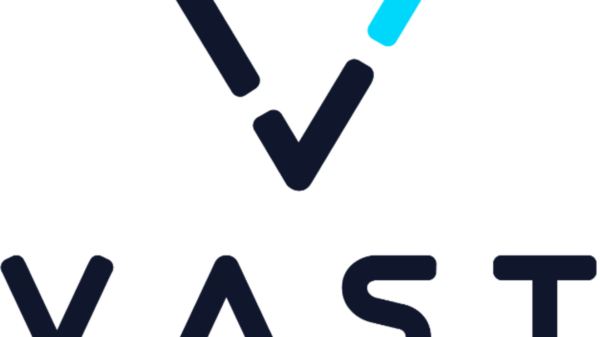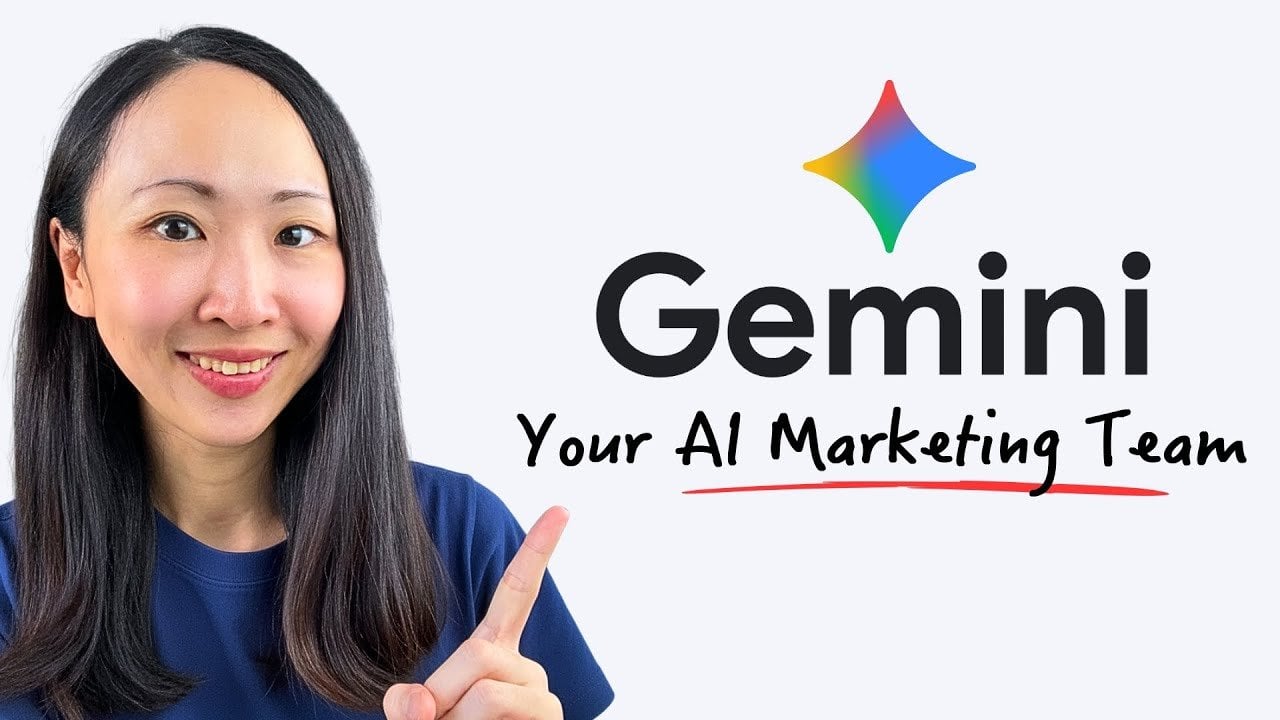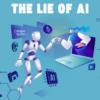Google’s AI tools, particularly Gemini and Notebook LM, are revolutionizing the marketing landscape by enabling teams to develop data-driven strategies rapidly. These tools empower marketers to create high-quality creative assets and automate repetitive tasks, dramatically enhancing efficiency. By leveraging AI, marketing teams can achieve in hours what previously took weeks, allowing them to focus on building meaningful connections with their audience.
Key Features
The key features of Google’s AI tools include:
- Gemini: This tool centralizes data from diverse sources—such as market trends, customer behavior, and competitor insights—to generate actionable recommendations. It allows marketing teams to conduct comprehensive research and distill complex data into concise strategy reports.
- Notebook LM: Complementing Gemini, this tool seamlessly converts strategy documents into polished presentation decks, reducing manual effort and enabling data-driven decision-making.
- Google AI Studio: This platform simplifies data analysis and visualization, allowing users to create interactive dashboards for real-time performance tracking. It transforms raw data into visually compelling narratives that aid communication during team presentations.
- Creative Asset Generation Tools: Tools like Mixbot, Vix, and Pomy automate the creation of visuals, videos, and branding materials while maintaining consistency across campaigns.
- AI-Powered Content Creation: Gemini’s “jam” sessions facilitate collaboration with AI to produce ad copy, email sequences, and social media captions that align with brand identity, ensuring high-quality messaging tailored to target audiences.
- Workflow Automation Tools: Solutions such as Google Opal and AI Studio allow for the automation of repetitive tasks, enabling teams to focus on strategic initiatives that drive growth.
How the Tool Works
Google’s AI tools leverage advanced machine learning algorithms to analyze vast amounts of data quickly. With Gemini, users can import various data sources, including spreadsheets, to analyze performance metrics and identify trends that inform campaign adjustments. The AI then provides insights that can shape marketing strategies by optimizing pricing, positioning, and channel selection.
Notebook LM offers a user-friendly interface for transforming raw data and insights into polished presentation materials. Meanwhile, Google AI Studio enables users to create interactive dashboards, visualizing campaign performance in real-time and facilitating informed decision-making.
For creative processes, tools like Mixbot and Pomy utilize AI to generate high-quality visuals and branding materials, allowing marketing teams to produce professional-grade assets efficiently. This automation extends to content creation, where AI collaborates with users to ensure that messaging remains engaging and aligned with brand identity.
Use Cases and Who It’s For
These AI tools are designed for marketing professionals seeking to enhance their productivity and creativity. By automating mundane tasks and providing data-driven insights, they allow teams to focus on strategic initiatives, such as crafting campaigns that resonate with consumers. For instance, the ability to generate real-time campaign performance dashboards empowers marketers to adjust their strategies promptly.
Organizations looking to improve their branding can benefit from creative asset tools that ensure consistency across various marketing materials. Additionally, content creators can use AI-driven copywriting features to produce tailored messaging that aligns with audience preferences. Ultimately, businesses leveraging these AI tools can achieve a competitive edge in today’s fast-paced market.
Limitations or Risks
While Google’s AI tools offer significant advantages, it is crucial to consider potential limitations. The reliance on AI for creative and strategic processes may sometimes lead to a lack of human touch or emotional resonance in campaigns. It is essential for marketers to balance automation with human oversight to maintain authenticity and trust with their audience.
As AI becomes more integrated into marketing, ethical considerations are vital. Google emphasizes transparency and authenticity in AI applications, helping users address consumer concerns and build trust. By adhering to best practices, businesses can ensure that their campaigns remain relatable and trustworthy.
See also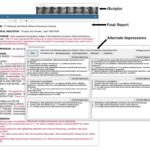 Scriptor Software Upgrades rScriptor, Boosts Radiology AI Impressions with User Control
Scriptor Software Upgrades rScriptor, Boosts Radiology AI Impressions with User Control Cornell’s Merlin App Uses AI to Identify Bird Calls in Real-Time, Free for Users
Cornell’s Merlin App Uses AI to Identify Bird Calls in Real-Time, Free for Users Beehiiv Expands AI Tools, Launches Digital Product Sales on 4th Anniversary
Beehiiv Expands AI Tools, Launches Digital Product Sales on 4th Anniversary Students Demand Clear AI Use Guidelines and Ethical Support from Teachers
Students Demand Clear AI Use Guidelines and Ethical Support from Teachers Iran Launches Specialized AI Park to Transform Technology Ecosystem, Says Deputy Minister
Iran Launches Specialized AI Park to Transform Technology Ecosystem, Says Deputy Minister




